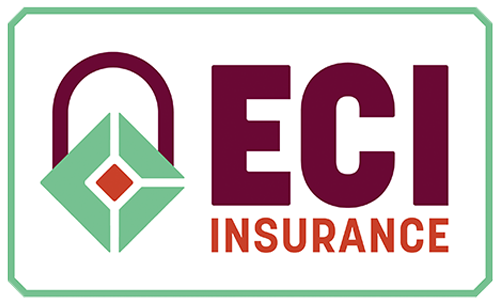
Nonetheless, you likely have a significant financial investment in the trip. You want it to go smoothly, and a lot of different risks could interrupt the trip. Therefore, different types of interruptions could cause significant financial losses.
Understanding Travel Insurance
To understand travel insurance, you likely need to understand your own insurance coverage. Personal insurance may not cover you in every place, at every time.
If traveling domestically, the chances of insurance becoming void usually is very small. However, if you travel internationally, then your risk for insurance lapses increases. For example, your health insurance may lapse if you are abroad. Many foreign medical services do not accept American insurance.
Therefore, travel insurance can help you insure yourself abroad. Travel insurance can cover trip interruptions, medical emergencies, lost and damaged property, and other extraordinary events. Take extra precautions as you prepare to leave on a trip. Careful preparations can help you reduce your travel insurance risks.
Preparing for Medical Emergencies
Travel insurance might help you compensate for emergency medical care abroad. Remember, your standard health insurance may not work when you travel abroad.
Travel insurance can be a valuable asset for medical emergencies. However, it likely won’t cover elective care abroad. Keep these tips in mind to prevent medical problems when abroad.
- If you have a chronic condition, only travel abroad with permission of your doctor. Your physician can tell you about any risks you may encounter on your trip, and provide tips to stay healthy.
- When traveling to certain places, you may need to get vaccines or special antibiotics. You can often receive this treatment from your local doctor or health department.
- Consult travel authorities like the U.S. Department of State before your trip. These institutions usually post travel advisories on their websites. They advise on foreign health risks and current disease presence.
- Take dietary advisories under consideration. It may not be safe to drink local water sources or eat certain food. You might consider buying bottled water and processed food while you travel. This can sometimes reduce the risk of food-borne illness. Some individuals also bring along pre-packaged food when they leave home.
- Keep a small first-aid kit with you on your tip. This should include medications to general illness like stomach sickness or pain.
- Bring an extra supply of your medications and supplements. Make sure you have enough for your entire trip plus five extra days. It is often a good idea to keep some of your medication with you at all times. This reduces the risk of losses.
If you experience a medical emergency abroad, most American consulates offer tourist resources. Additionally, you can contact the State Department for extra assistance.
Protecting Your Personal Property
Any time you leave home and take belongings with you, you raise the risk of personal property loss.
Travel insurance policies often cover personal property for certain circumstances of loss. If an airline loses your luggage, you might receive some financial help until you recover the belongings. If someone steals or damages your belongings, travel insurance can often help cover the replacement of lost items.
However, travel insurance may only cover property if a traveler properly guards it. As a traveler, do everything you can to secure your belongings:
- Do not pack large amounts of money in one place. Carrying some with you, but put the rest away. Hiding extra cash among different items can help prevent large theft.
- Keep a close eye on your credit cards, identification, and cash on your person. You can often buy special wallets or purses to protect these items from theft.
- Label all your clothing and accessories. This should include secure contact information to recover the items. Some individuals take pictures of expensive items to help identify them to police.
- When packing, place the most sensitive materials under lock and key. Many people do not check medication and electronics under the plane.
- Make liberal use of your hotel’s safety guards. Deposit valuables in your safe or with a concierge. Never leave your room for an extended period without locking away valuable items.
 Other Emergencies While Abroad
Other Emergencies While Abroad
Travel insurance can protect a variety of risks, including certain foreign emergencies. Coverage may include protection for natural disasters, acts or war or other issues.
If you encounter certain scenarios while abroad, have a plan.
- Do not put yourself in harm’s way intentionally.
- Keep all identification verification with you, especially your passport. Follow the orders of reputable authorities.
- Immediately establish contact with the U.S. Department of State or the embassy or consulate nearest your location. They can advise you of safe ways to restructure your travel and protect yourself.
Of course, always make sure you leave a detailed travel itinerary with someone back home. That person should know your location at all times.
It can be hard to prepare for a trip, even with travel insurance. However, you can reduce your risks by properly preparing with all the right resources.
We can issue you a strong travel policy that will protect many of your concerns. Get a fast, free Oklahoma travel insurance quote right now. Call us at (405) 373-2977 for more information.

 Other Emergencies While Abroad
Other Emergencies While Abroad
